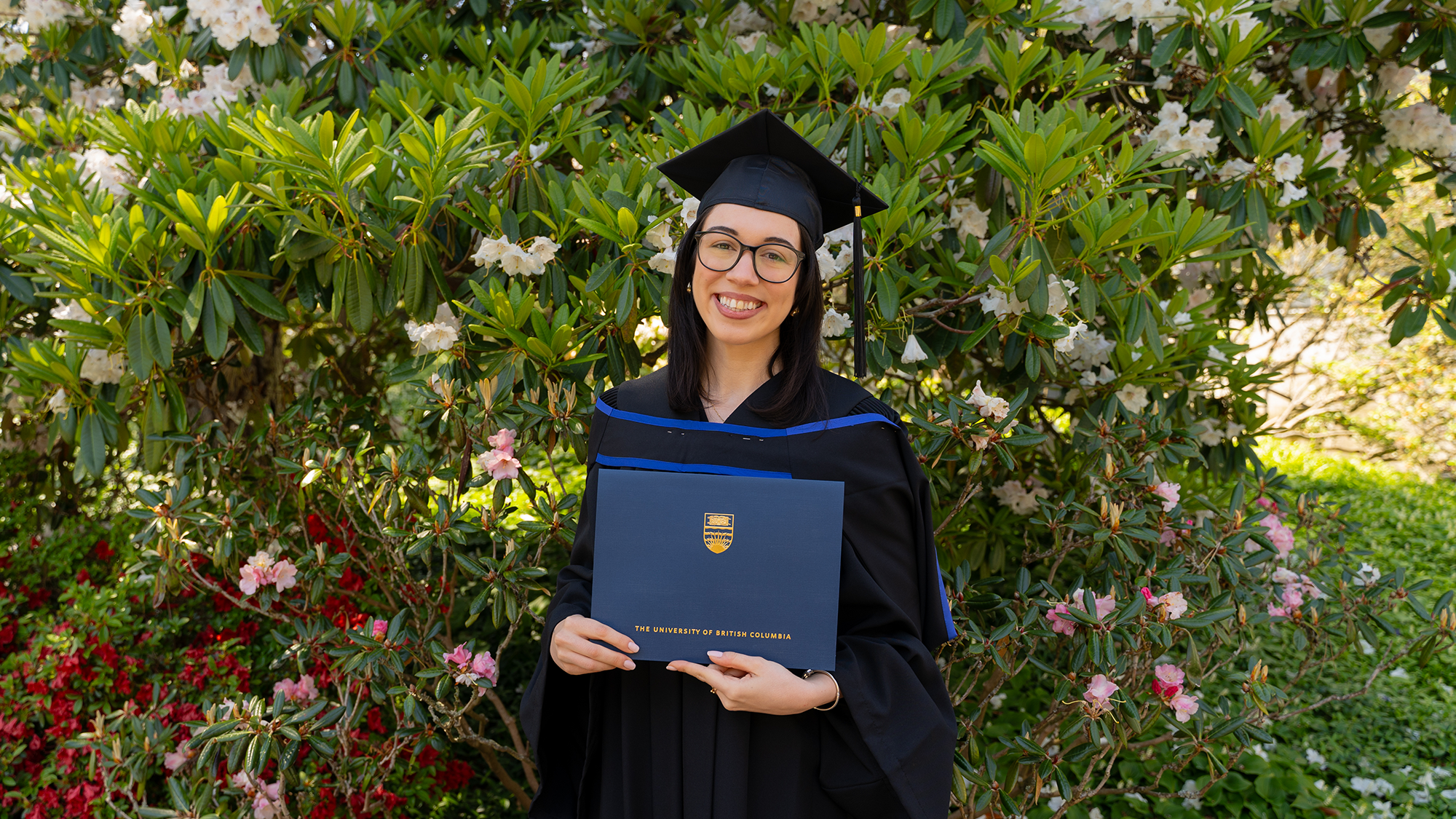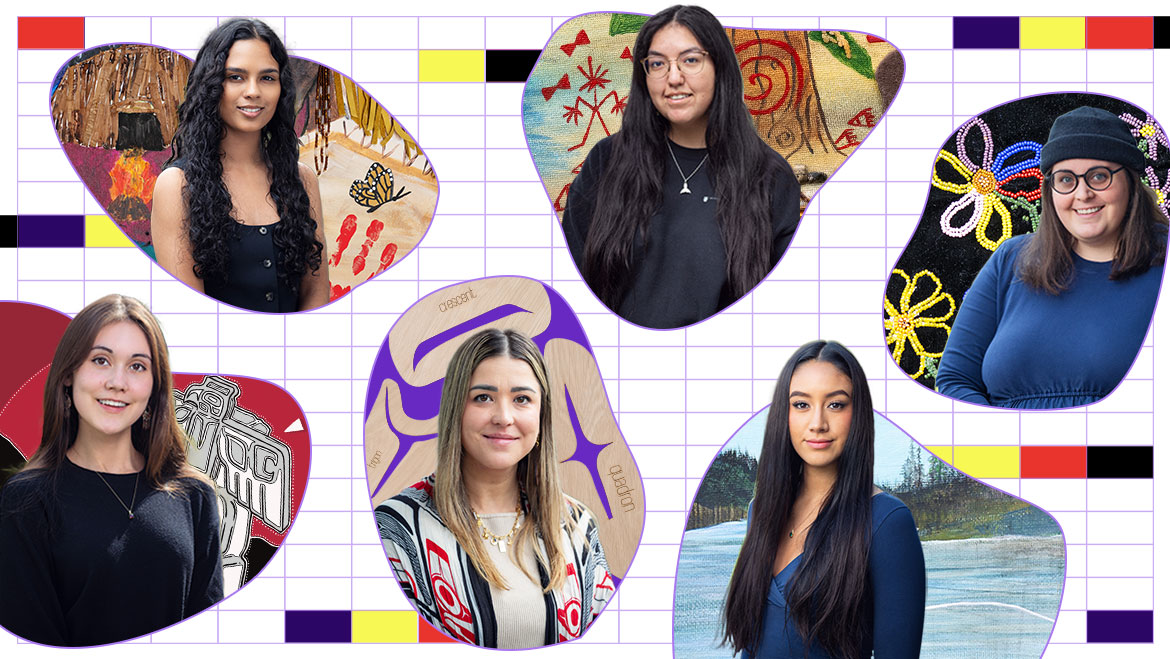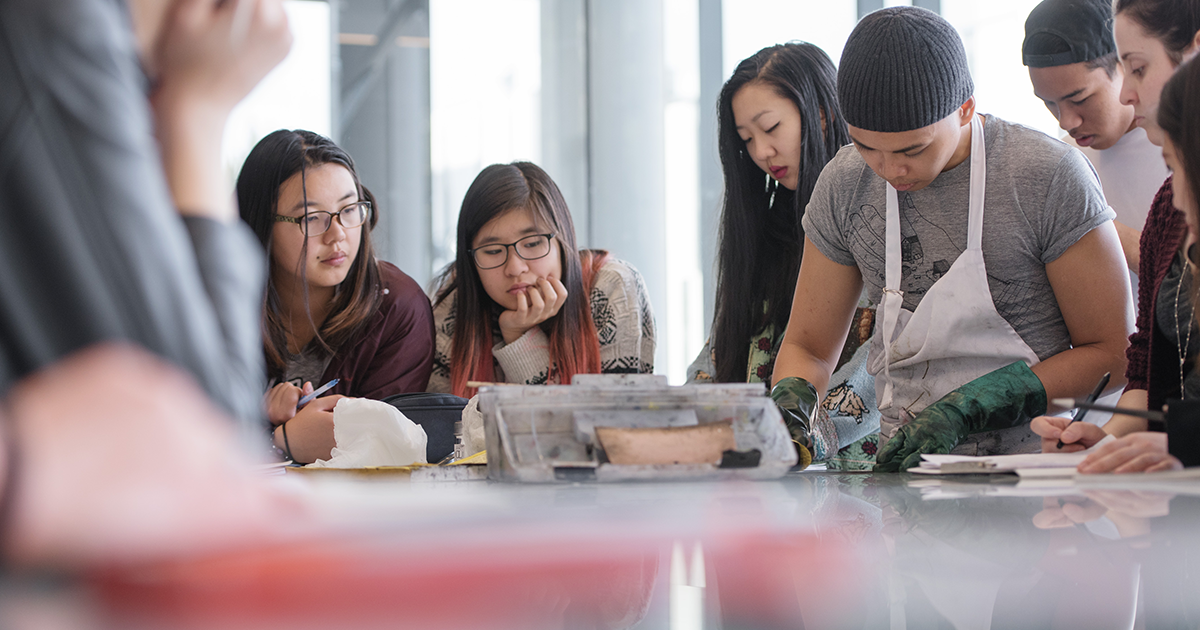

Still on the lookout for an elective to complete your 2023/24 Winter session timetable?
Whether you’re keen to delve into the world of epistemology, wish to embark on a journey through Latin American culinary culture or curious about the mysteries of supernatural folklore, enhance your Arts degree by enrolling in any of these classes with open seats. The best part? No pre-requirements — all Arts students are welcome!
TERM 1
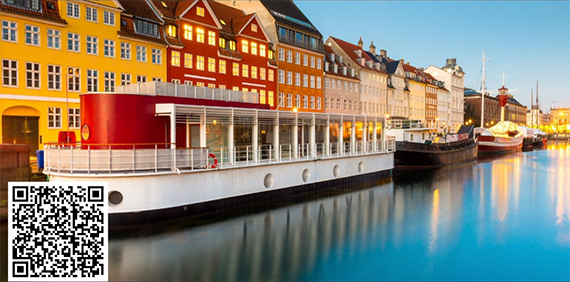

Elementary Danish (DANI 100)
Get to know Danish in a low-stress environment where you will develop your language skills step by step, alongside other students in a small, friendly and inclusive classroom. Improve your ability to express your own ideas and experiences by exploring social and political topics and traditions present in Denmark today.
Taught by Ann-Kathrine Havemose
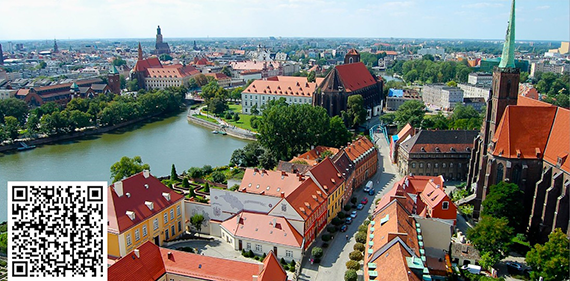

Learning Polish: Foundations I (POLS 101)
Meant for beginners or those with a little exposure to Polish, you will be introduced to the basics of Polish culture and language through a communicative and exploratory language curriculum.
Taught by Ania Switzer
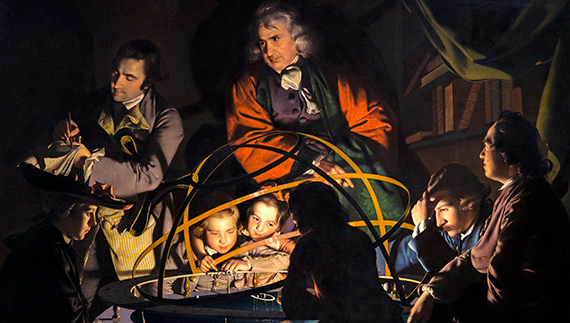

Introduction to Scientific Reasoning (PHIL 125)
Learn about the historical and logical analysis of various types of scientific hypotheses and the data that support or undermine them.
Taught by Alexandre Korolev
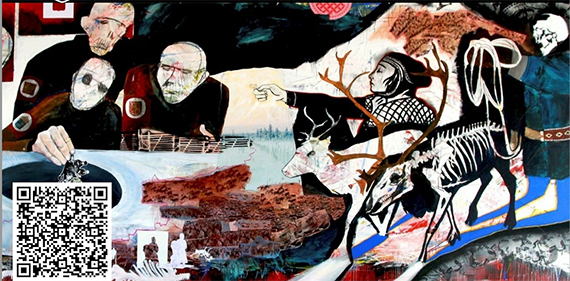

Arctic Art and Activism (CENS 202)
With unprecedented environmental and economic challenges in the Arctic, learn how Indigenous peoples have mounted resistance efforts both inside and outside their communities to retain sovereignty over their lands and ways of life.
Taught by Tim Frandy
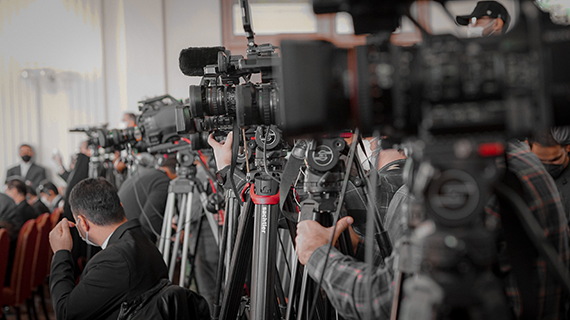

Celebrity Studies (THFL 226)
Critically analyze global celebrity, stardom and mediated performance. Drawing upon film and media studies, social and cultural theory, and philosophy, examine key films and readings to help define and interrogate the phenomenon of modern celebrity in the performing arts.
Taught by Mila Zuo
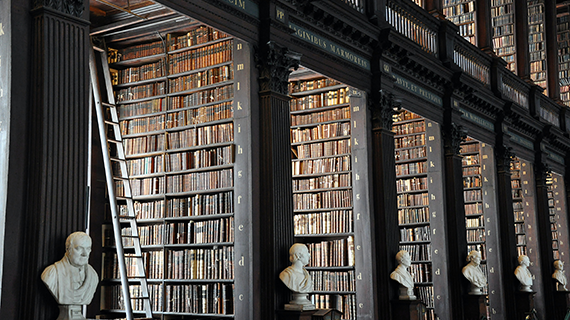

Introduction to Epistemology (PHIL 240)
Discover topics in epistemology (theory of knowledge) such as skepticism, truth, justification, a priori and a posteriori knowledge.
Taught by Stefan Lukits
Taught by Catherine Prueitt


Asian Canadians in Popular Culture (ACAM 250)
What can popular culture—in the form of TV shows, films, music, fashion, news media, and memes—tell us about the place of Asian Canadians in local, national, continental, and transnational contexts? How and why has the cultural representation of “Asian Canadian” changed over time? What are the material implications of such changes? Explore answers to these questions and more.
Taught by Mila Zuo
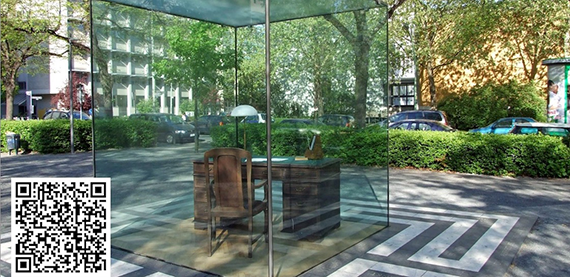

The Frankfurt School (GMST 274)
Examine key texts by the founding members of the Frankfurt Institute of Social Research, their collaborators, critics, readers and followers. The focus will be on their engagement with art, technology and popular culture, as well as the Marxist critique of ideology and mass media before the digital turn.
Taught by Ilinca Iurascu
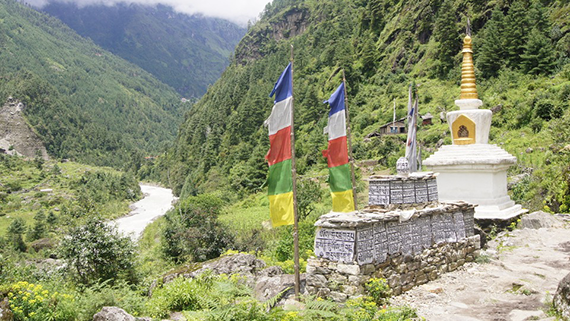

Indigenous Environmentalism in Asia and Beyond (ASIX 300B)
Explore the sacredness of our environment and remain aware of how we experience and thereby embody our environment. Course materials will be drawn from a variety of geographic regions, academic disciplines, and audio-visual media.
Taught by Pasang Sherpa
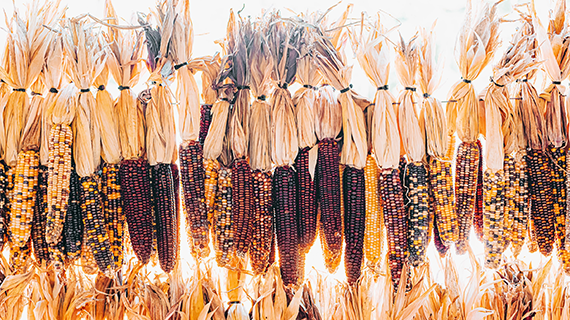

Topics in Latin American Studies: Food in Mexico and Central America (LAST 315A)
From production to consumption, preparation to presentation, food is a powerful symbol of social and cultural meaning. This course examines the expansive relationship between food and identity in Latin America through a variety of cultural texts.
Taught by Tamara Mitchell
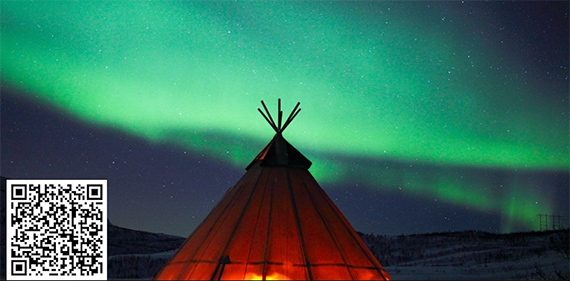

Sámi Cultures and Histories (NORD 332A)
This survey course explores the diverse histories and cultures of Sámi—the only recognized Indigenous people in Europe. From reindeer to religion, from folklore to Frozen II, you will examine Sámi traditional culture, the impacts of settler colonialism upon it, and the ways revitalization and activism work as agents of decolonization today.
Taught by Tim Frandy
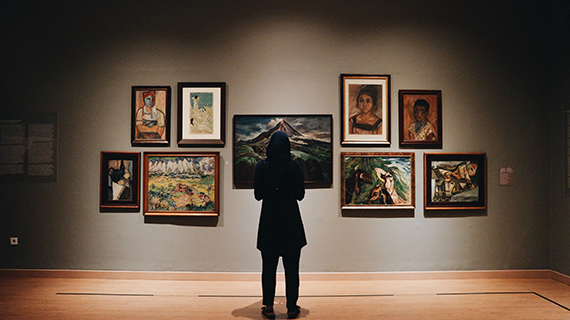

20th Century Art and Culture: The Triumph and Demise of Modernism (ARTH 340)
Critically survey visual art practices and movements within the social, economic, philosophical, and political contexts of Europe and North America, c. 1900-1960. Concepts to be considered and interrogated through a decolonial, feminist, and Marxist lens include: abstraction, the avant-garde, expressionism, modernity, modernism, and “primitivism.”
Taught by T’ai Smith
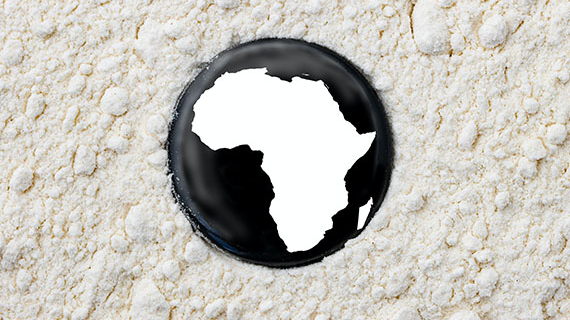

The Geography of Pan-Africanism (GEOG 346A)
Explore the history and geography of pan-Africanism. A major force behind the anti-colonial and national liberation movements in Africa and the Americas, pan-Africanism is a social, political, and cultural movement that asserts the unity of people of African descent.
Taught by Peter Hudson
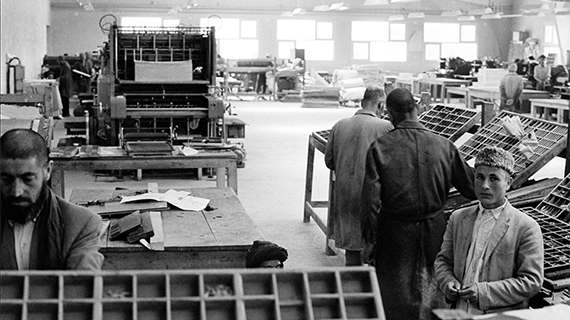

Afghan History (ASIA 359)
Too often, Afghanistan features in the news media as a “graveyard of empires” and a site of endemic warfare. In this course, you will question this portrayal by examining transformations across Afghan communities that integrated a remote mountain region within its surrounding imperial, colonial and post-colonial worlds.
Taught by Naveena Naqvi
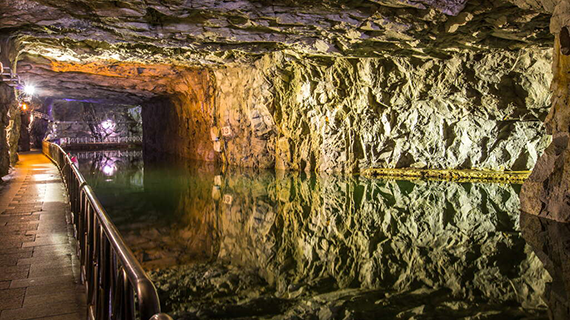

Fiction and Film from Modern Taiwan (ASIA 363)
Delve deep into the exploration of key literary, cultural, and cinematic patterns in modern and contemporary Taiwan. Class discussions will centre around various transformative moments in modern Taiwanese film and fiction, shedding light on the amalgamation of Western and Asian ideas.
Taught by Weiting Guo
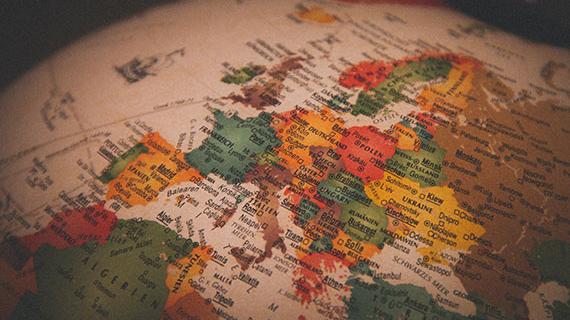

Modern Europe: Places and Borders (GEOG 391)
Get an introduction to the present-day human geography of the regions and places between the Atlantic and the Ural Mountains.
Taught by Merje Kuus
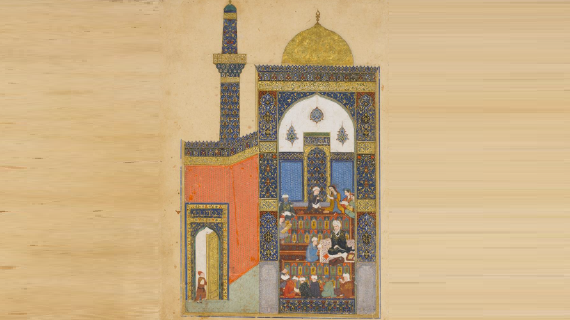

Classical Persian Literature in English Translation (ASIA 392)
Explore the landscape of classical Persian literature and its various authors, forms, genres, norms and themes in English translation. You will encounter legendary heroes, learn about the relationship with the Divine, and experience the theme of suffering love through Ferdowsi’s famous Book of Kings, Rumi’s Spiritual Couplets, and more.
Taught by Alexandra Hoffmann
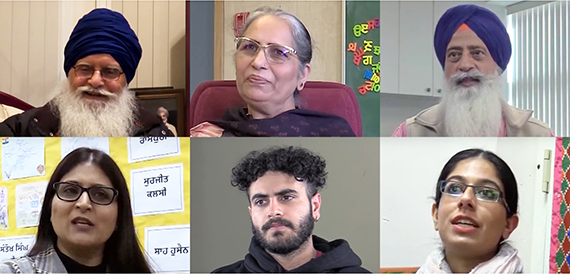

The Practice of Oral History (HIST 400)
The class covers methodological issues in the study of history and the role and ethics of oral history, technological and methodological approaches to oral history recording, and the history of Vancouver and British Columbia. You will complete weekly readings and participate in a collaborative workshop to develop your own oral history final project.
Taught by Anne Murphy


The Political Economy of Capitalism and Racism (GEOG 446A)
What is the nature of the relationship between capitalism and racism? Examine these questions through the work of Black thinkers and the Black experience from the era of New World slavery to the dawn of neoliberalism.
Taught by Peter Hudson
TERM 2
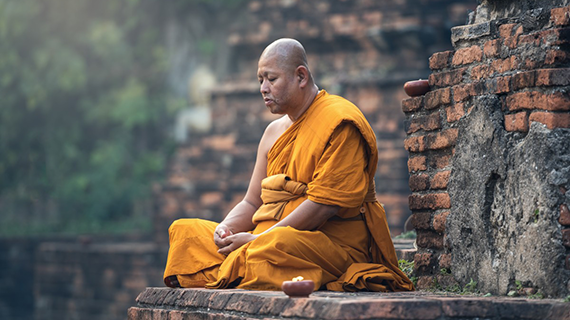

Traditions of Yoga (ASIA 210)
Yoga is practiced in many parts of the world today, fostering a multi-billion-dollar industry. This course looks at the historical contexts in which yoga came to have significance in the South Asian subcontinent, and how colonial and postcolonial cultural flows have led to the globalized tradition found in modern yoga studios around the world.
Taught by TBA.
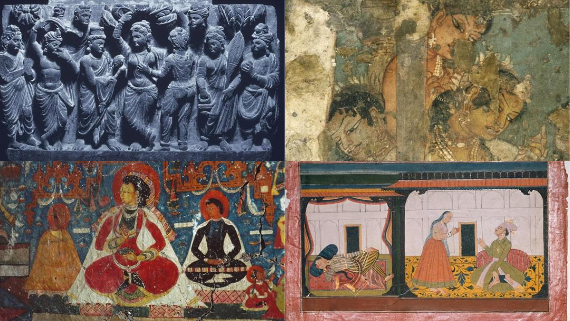

Topics in Asian Studies Crossings: Gender and the Sartorial Body in Premodern South Asia (ASIX 300C)
What can clothing and bodily ornamentation tell us about gender, class, and other markers of social identity in ancient India? Explore this and other questions pertaining to the history and politics of dress in South Asia from premodern times to the present day.
Taught by Janet Um


Indigenous Peoples of Latin America (LAST 303)
Undertake a broad historical and geographical survey of Indigenous cultures in what is now Latin America, from the United States to Tierra del Fuego, and from the conquest to the present. You will study a range of sources from chronicles to visual art, legal documents to anthropology, novels to oral history, as well as the gaps or cracks in those sources.
Taught by Jonathan Beasley-Murray


Forgery and Authenticity in the Middle Ages and Renaissance (MDVL 310A)
When did context and anachronism become guiding criteria for the authenticity of texts? In this course, you will read and discuss a wide range of secondary works on the topics of authorship; written and oral culture; paleography, codicology, and diplomatics; and lying and truth-telling.
Taught by Courtney Booker


Philosophy of Language I (PHIL 326)
Are you looking to engage in a philosophical discussion of language, meaning, and communication? In this course, you will learn to tie various language-centric themes to general concerns in metaphysics and epistemology.
Taught by Ori Simchen
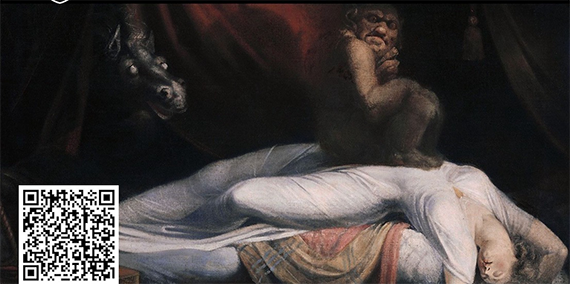

Supernatural Folklore (NORD 332B)
Our fears and dreams are embodied by supernatural entities like vampires and ghosts. We heal with faith healing, with New Age techniques, and with traditional practices like shamanism and Vodou. This course surveys the many forms of supernatural belief traditions in Northern Europe, examining what the perseverance of the supernatural means.
Taught by Tim Frandy
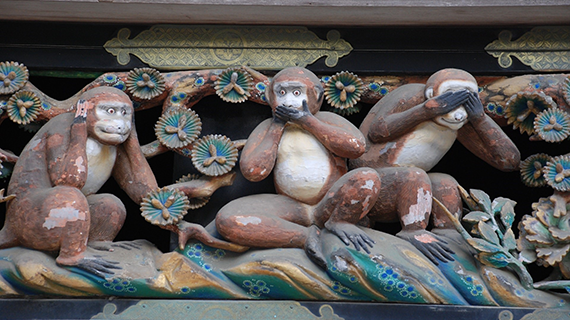

Topics in Japanese Cultural History II: The Early Modern Age (ASIA 346A)
Explore the historical impact of Oda Nobunaga, Toyotomi Hideyoshi, and Tokugawa Ieyasu in the years leading up to Japan’s unification in 1600. A range of mediums such as samurai films, prints, and literary sources will be used to examine their legacies and representations.
Taught by Minami Onahara
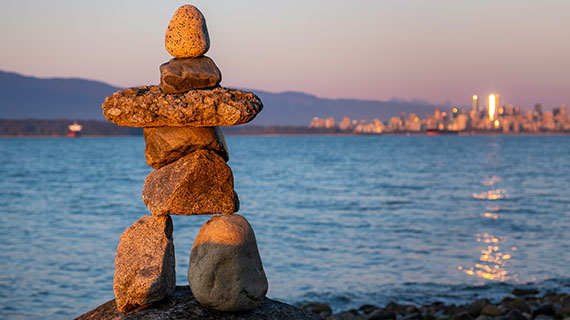

Geographies of Urban Indigeneity (GEOG 346B)
Examine the geographies of urban Indigenous communities. While the focus is on urban Indigeneity within Canadian cities, you will also study examples of urban Indigenous experiences in other settler colonial contexts, such as the United States and New Zealand/Aotearoa.
Taught by Michael Fabris
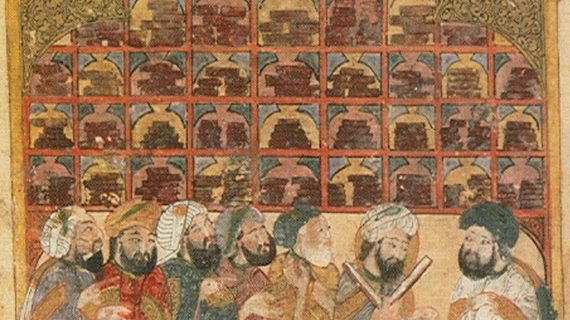

The Abbasids: History, Heritage, and Memory (HIST 353B)
Explore the political, economic, social, and cultural history of the Abbasids and their contributions to the Islamic World and beyond. As historians, you will engage historiographic debates, digital methods, public-facing history, and current discussions on heritage and memory to help us analyze the Islamic past and its ongoing relevance to our world today.
Taught by Sara Knutson
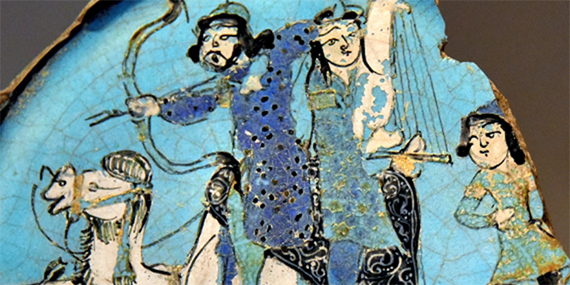


Gender & Sexuality in Classical Persian (ASIA 366B)
In this course, you will encounter chivalrous bandits and cross-dressing heroines, mammoth-bodied heroes and strong women, cuckolded husbands and cheating wives. You will apply concepts of gender and sexuality studies to the mediaeval Perso-Islamicate world and become familiar with some of the major works of classical Persian literature in translation.
Taught by Alexandra Hoffmann



History of Iran from the Sasanians to the Safavids (ASIA 393)
Explore Iranian history, from the beginning of the Sasanian era to the early modern period in the mid-18th century.
Taught by Alexandra Hoffmann
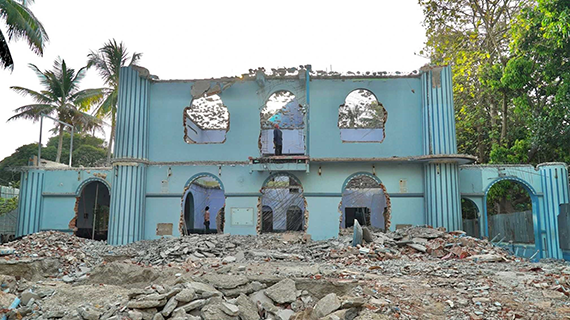

Advanced Seminar in the Study of Religion, Monsoon Islam: Faith and Trade in Maritime Asia (RGST 400)
Learn about the history, culture, and practices of Islam in the Indian Ocean world. Today, monsoon Asia is the demographic centre of gravity of the Muslim world. Discover how this Monsoon Islam developed in response to specific economic, cultural, and political contexts and challenges.
Taught by Sebastian Prange
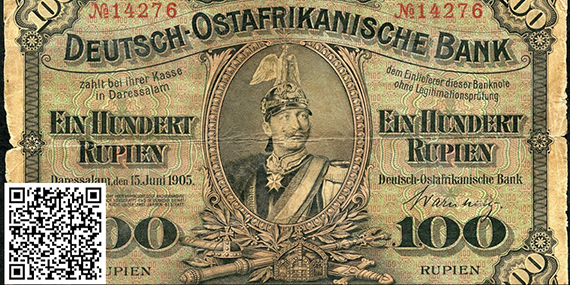

Decolonization in the German-Speaking World (GMST 427)
Emerge from this seminar with a strong grounding in the facts of German colonial (economic and geopolitical) holdings, and an original, substantive project (engagement, research, teaching, activism) that centres on various topics ranging from Germany’s global history of colonial/imperial rule to Black-led decolonization movements.
Taught by David Gramling and Uma Kumar
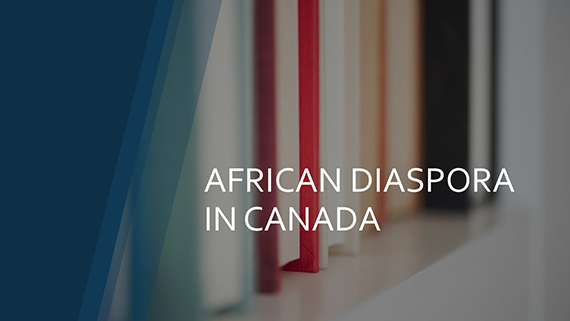

African Diasporic Culture in African Canadian Communities (AFST 450R)
This course employs a regional and multi-disciplinary approach to critically examine the literature vis-à-vis the lived experiences of the African Diaspora in Canada, specifically in British Columbia. You will engage in Community Based Research and Experiential Learning to gain empirically illuminating and theoretically engaging insights.
Taught by Calisto Mudzingwa
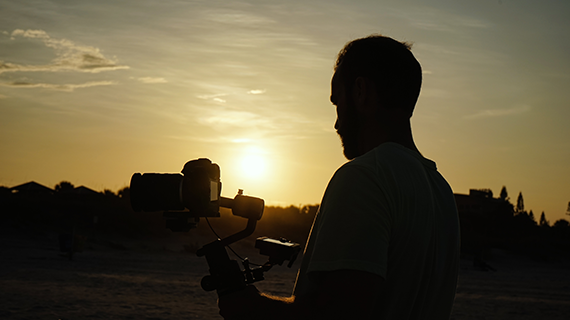

Asian Canadian Film Production (FIPR 469A)
In this class, you will learn to produce a short documentary or narrative films examining Asian Canadian issues and perspectives. Get an introduction to video editing, lighting, camera and sound techniques as well as writing and researching for short films. The films will be screened publicly at the end of the term. Previous filmmaking or video experience is not required, but a background or interest in Asian Canadian studies is recommended.
Taught by Alejandro Yoshizawa
